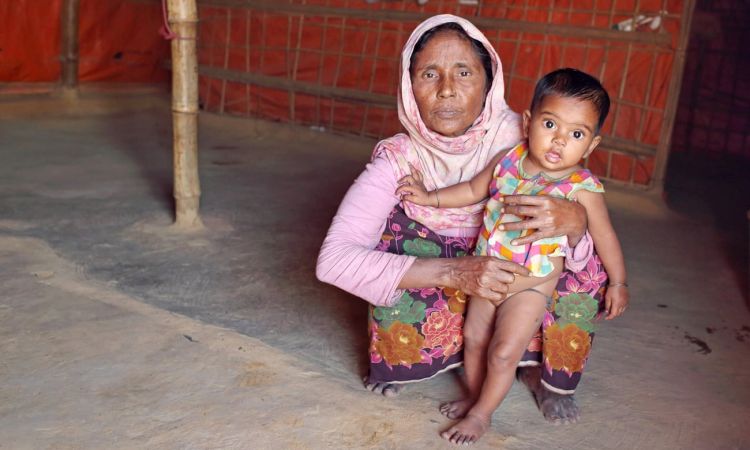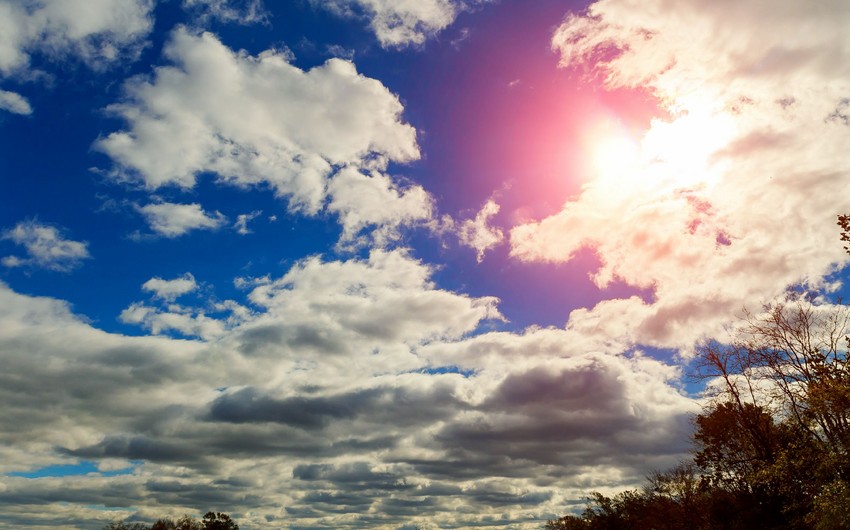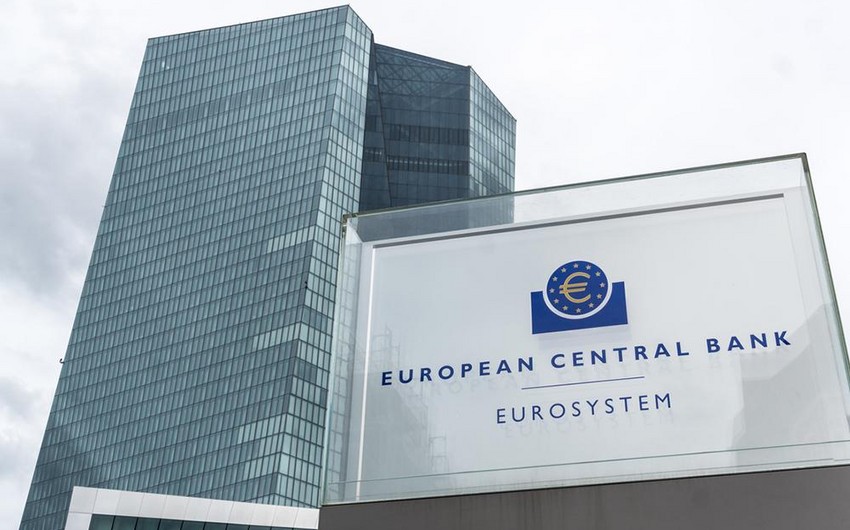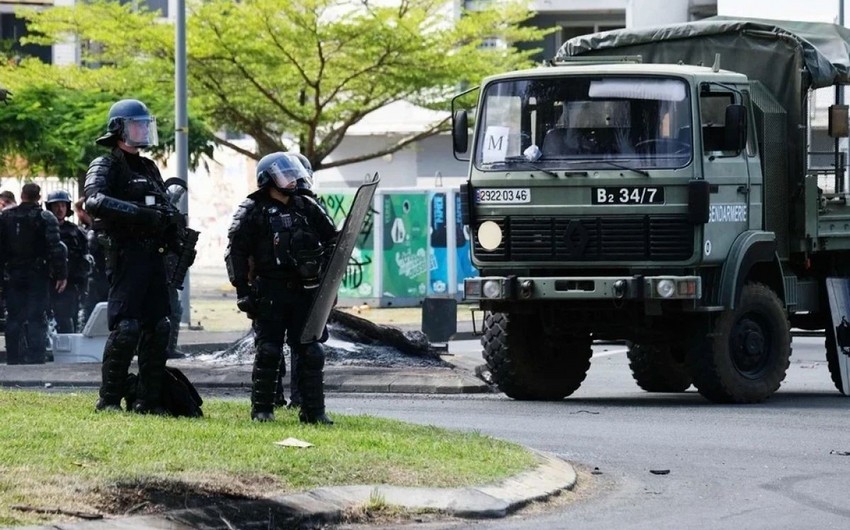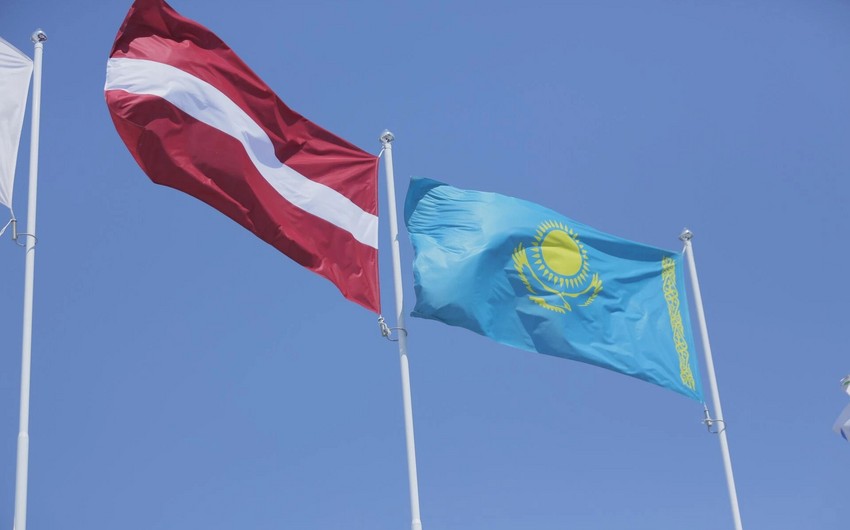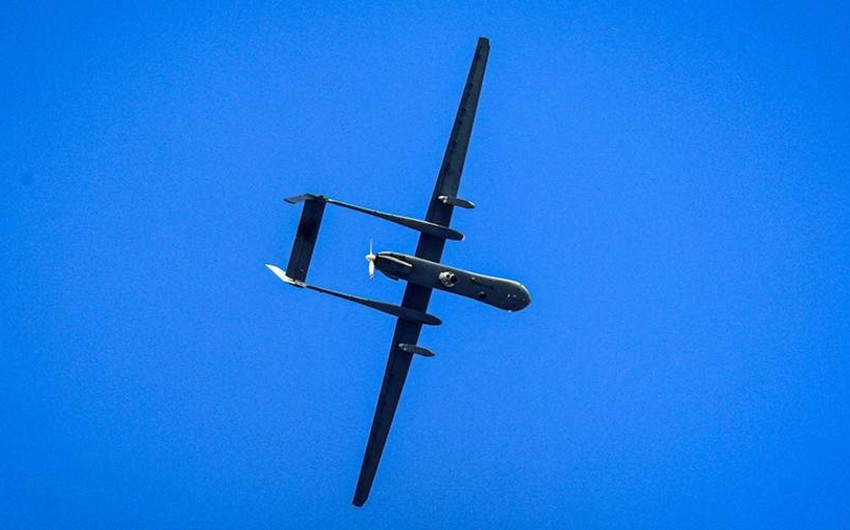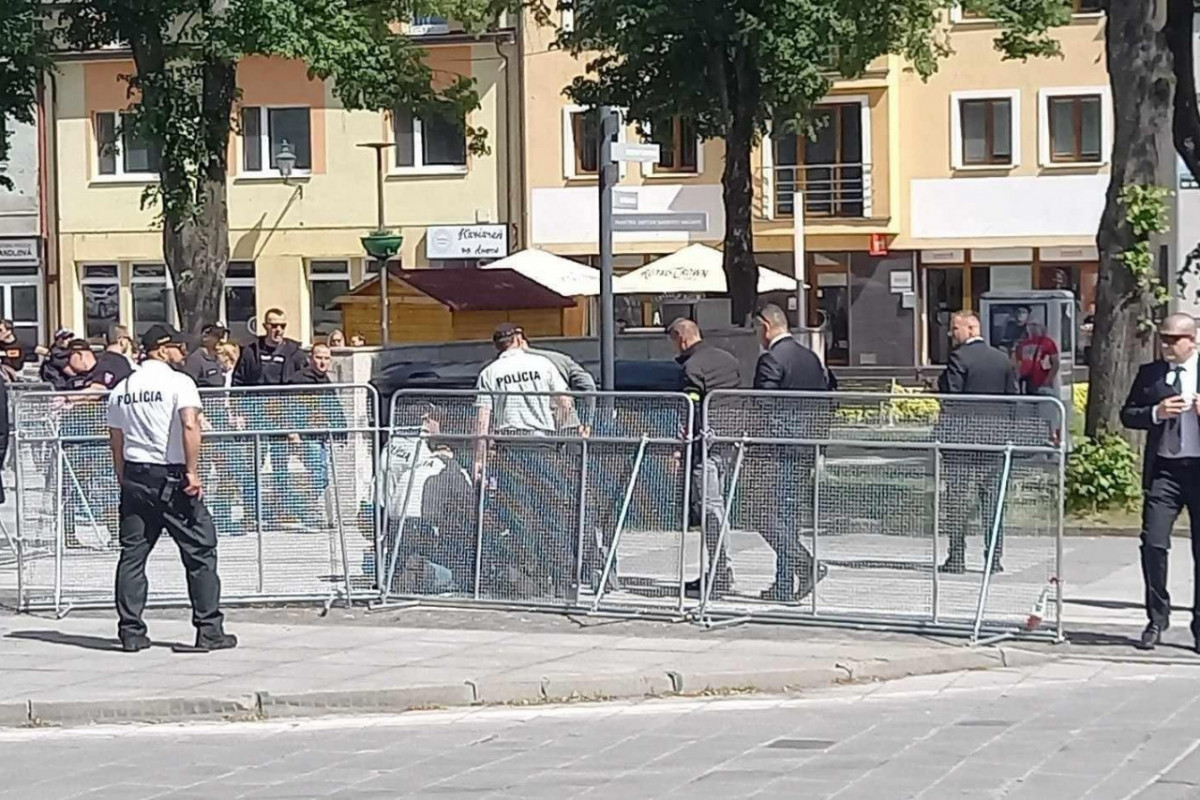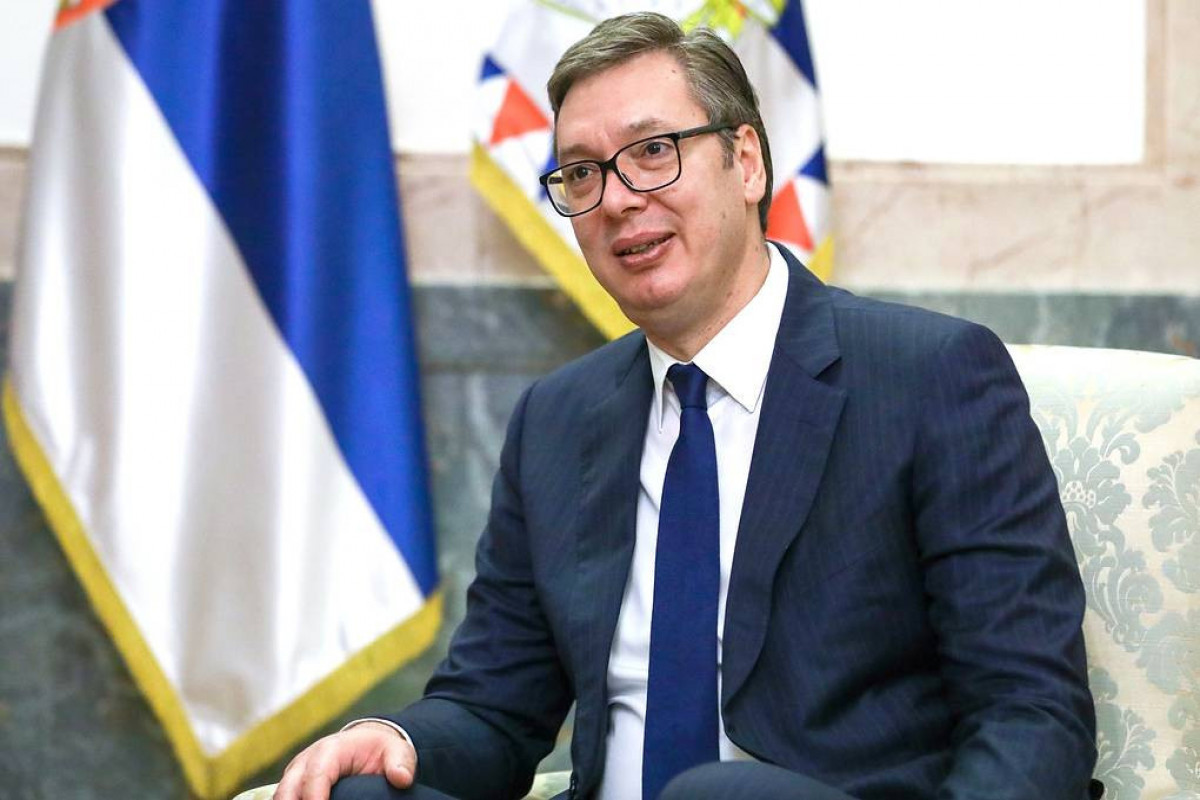On the night Rahima was born, the rain lashed down on Kutupalong refugee camp near Cox’s Bazar, Bangladesh. Inside one makeshift hut, Dildar Begum tried to help a woman in labour. But she couldn’t stop the bleeding and the mother died.
“Maybe it’s God’s will that I take care of the baby,” she thought to herself when she cut the umbilical cord.
This was the night that turned Begum – a Rohingya refugee, a mother of three in her 50s, and farmer living in exile – into a new mother. She was faced not only with the challenges of looking after a newborn – the sleep deprivation and constant demands – but also having to find food for the child with no money and being unable to breastfeed.
In August 2017, government soldiers set fire to Begum’s village in Buthidaung, western Myanmar. She fled with her family. A young couple joined them as they crossed into neighboring Bangladesh. The man was shot. The widow, a few months pregnant, had to leave his body without a burial.
When they finally crossed the border alongside 700,000 other Rohingya, they had survived what the UN referred to as a “textbook example of ethnic cleansing”. Begum offered shelter to the widow, who died months later while giving birth.
One of the unexpected consequences of the persecution and displacement of the Rohingya has been the forming of new families against the backdrop of strife. The burden has primarily been shouldered by women from the community, who have become mothers to children who are not their own.
As the one-year anniversary of the crisis loomed this summer, aid agencies were gearing up for a baby boom as well as a spike in the number of abandoned newborns – a result of the rapes of Rohingya women and girls by the Myanmar military.
About 48,000 babies were born in 2018, Save the Children estimates. How many of these were the result of sexual violence is unclear. Most of the babies are born at home and aren’t registered, and the Rohingya community maintains silence because of the stigma associated with rape.
“It happened to many families. Lots of women took medicines in the camps to abort,” says Sayeda Khatun, a 35-year-old who works as a traditional birth attendant in the camps. “But most women never talk about it, even with each other.” An unmarried woman with a child brings shame to her family. Her chances of finding a husband diminish, Khatun explains. “Sometimes, poor men who can’t find another wife will marry them.”
Over the past six months, aid workers have come across cases of abandoned children. At the beginning of November, five newborns were left at a health facility of Médecins Sans Frontières (MSF). A volunteer at the Finnish Red Cross hospital shared information about an informal adoption arranged within the community when a 13-year-old had given birth.
A study in August 2018 by Save the Children found that an alarming number of Rohingya refugee children were orphaned by violence or separated from parents while attempting to flee.
Yet despite all the signs pointing towards a large-scale crisis, it never came. “We haven’t come across as many cases of abandoned babies as the anticipation in the media suggested,” says Daphnée Cook, a Save the Children spokeswoman in Cox’s Bazar. The organisation arranges alternative care within the Rohingya community, and works closely with the health agencies in the camps.
What they did come across, however, was a positive trend arising from one of the world’s worst humanitarian crises: the community had established its own informal systems of foster care. Abandoned and orphaned children were adopted by families, neighbours, and in some cases, strangers. “We found that the community is very open to accepting children who are not their own,” says Cook.
But taking care of a child in the largest refugee settlement in the world, where families live on food rations and subsidies, is not easy. “Sometimes I feel I cannot raise a baby,” Begum says seven months after the birth, as she sits on the floor of her shelter, rocking the cane basket in which Rahima has fallen asleep.
Dildar had asked her two daughters to breastfeed the baby girl. But little Rahima had rejected the milk, having become used to formula – a luxury Begum can hardly afford: it costs 590 taka, about £5 for one packet. The UN population fund, UNFPA, Action against Hunger and MSF confirm that providing formula was not in their plans. Instead, they work with wet nurses and relactation centres – a service that Begum has not taken advantage of. She mushes bananas, and mixes rice powder with water from the food rations for the baby, who often cries because she is hungry. “I hope she is going to look after me when I’m old,” she says.
Sakhina Begum* (no relation), 35, a widow and mother to five daughters, had always wanted a boy. When she spotted a baby boy abandoned outside a house, splattered with blood, while foraging for food on her way to Bangladesh last year, she took the chance.
“There was no one to take care of him,” she recalls while sitting in her dark hut decorated with drawings by her daughters. She strapped him to her chest and walked for two weeks until she reached the part of the refugee camp where she now lives – on top of a hill, only accessible by hiking up slippery sandbags. The boy is six months younger than Sakhina’s youngest daughter, who is two, but she breastfeeds him more. “He’s my only son,” she explains. “He is a gift from God.”
The plight of the Rohingya people did not start with the exodus last year. Across the fields of Razia Begum’s* land in Buthidaung stood a military camp. The soldiers were known to steal chickens, loot the houses and harass the women, she recalls.
Her youngest daughter was raped by Rakhine soldiers at least twice and became pregnant both times. Although she wanted to, she couldn’t abort. In Myanmar, the Rohingya did not have access to medical assistance. Razia, who is in her 60s and has five children, looks after her grandsons. The boys are now 11 and eight and call her “Burha Ma”, or old mother. Her daughter lives close by in the Cox’s Bazar camp.
The neighbors gossip that the boys have slanted eyes, that they are children of Rakhine soldiers. Sometimes the boys ask her, “Burha Ma, where is our father?” Razia says. “I think they suspect something.” She tells them their father died in the conflict. Burha Ma is bent over with age and drudgery. Every day she has to carry water, collect firewood, wash clothes, grind chilli and cook rice and dal. There is no formal schooling available in the camps for the children. She sends them to the provisional learning centres run by international agencies. “If they get educated, they will live a better life when I die.”

